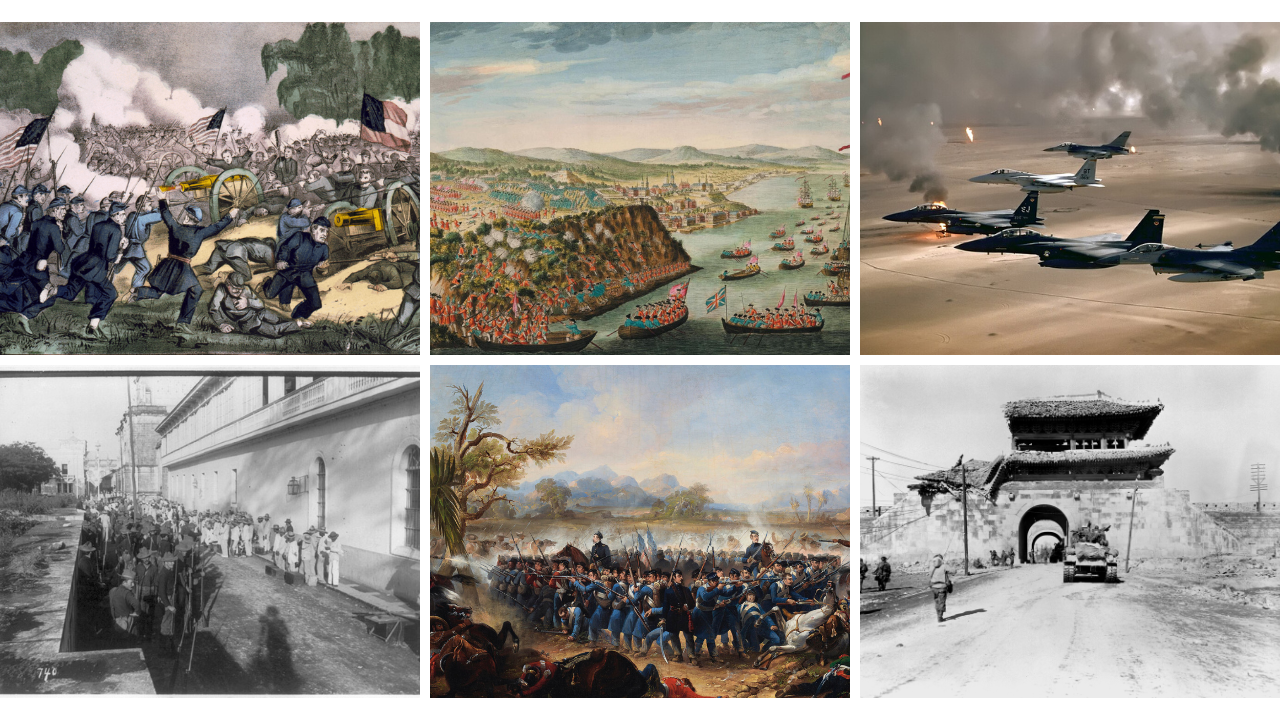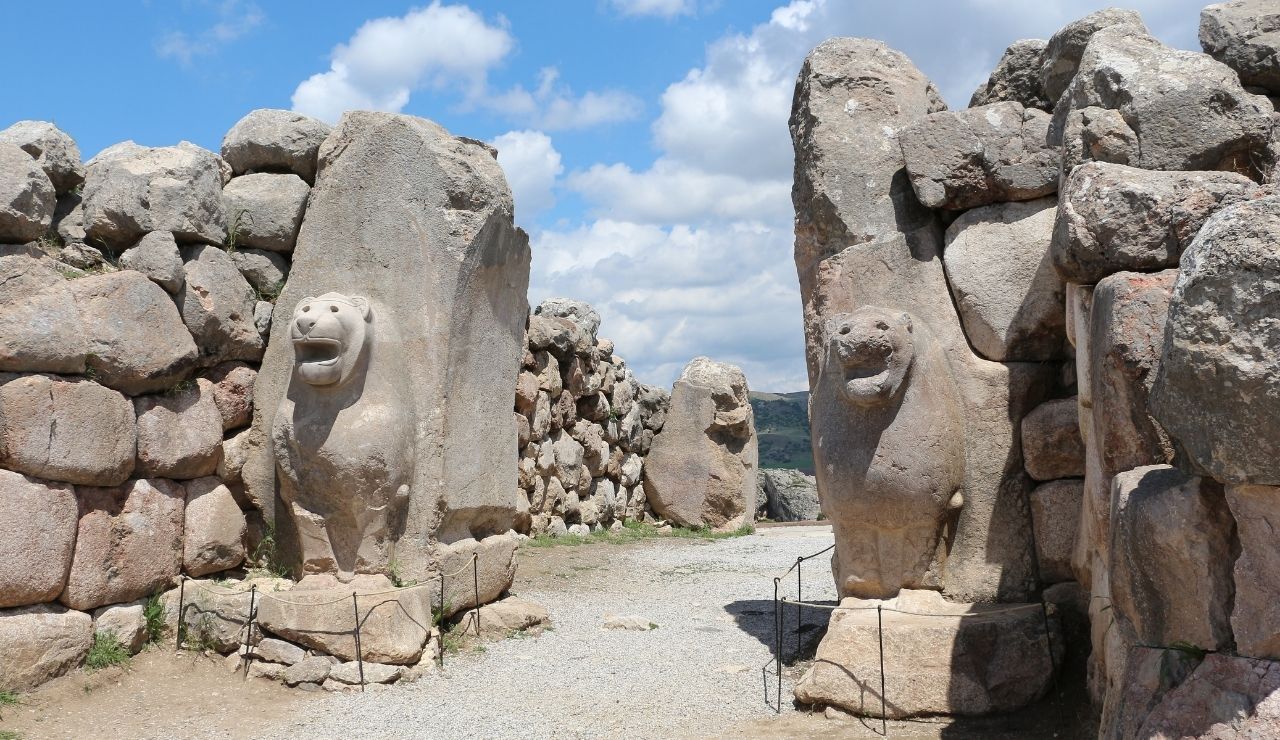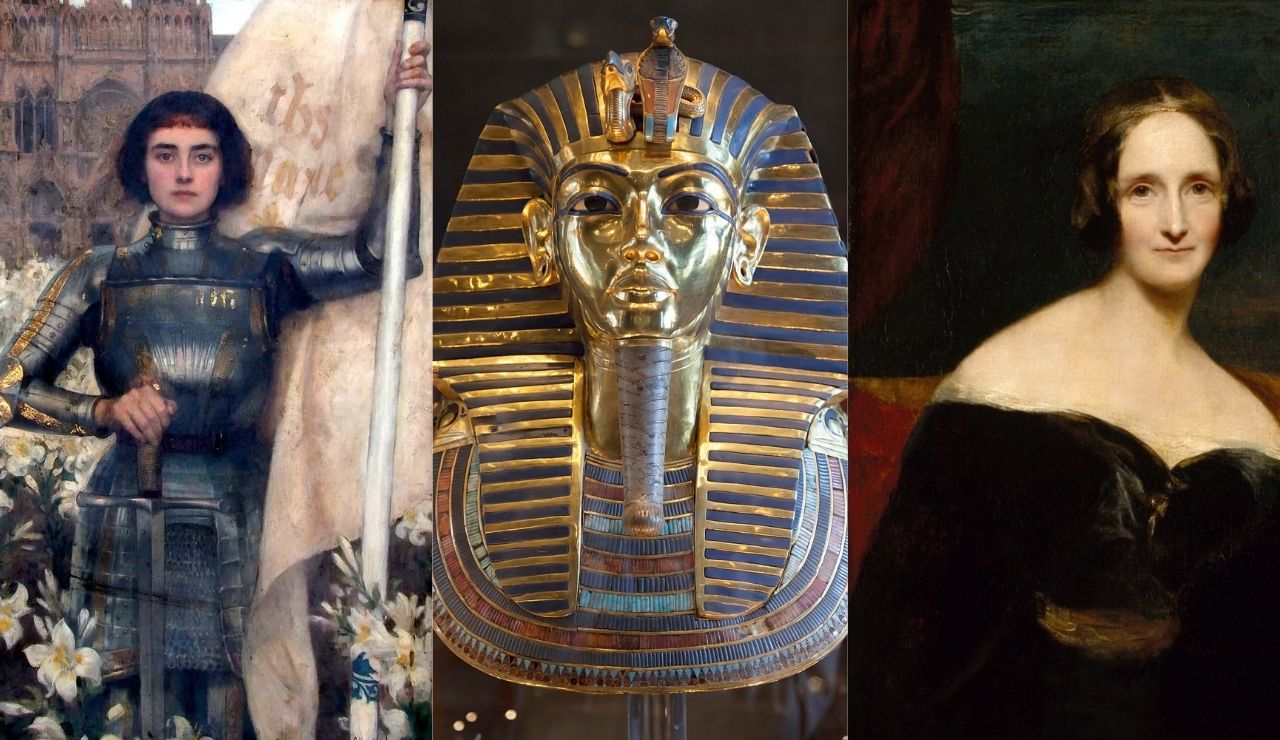Americans grow up with vivid war images, but many of the real conflicts behind them are flattened into simple tales of bravery and destiny. Complex struggles over land, power, race, and ideology shrink into classroom slogans or movie scenes. Looking again at a few key wars, with their dissenters, victims, and uncomfortable motives back in the frame, changes the story. It also shows how misunderstandings of past battles keep shaping debates about patriotism, intervention, and what responsibility actually looks like.
French And Indian War
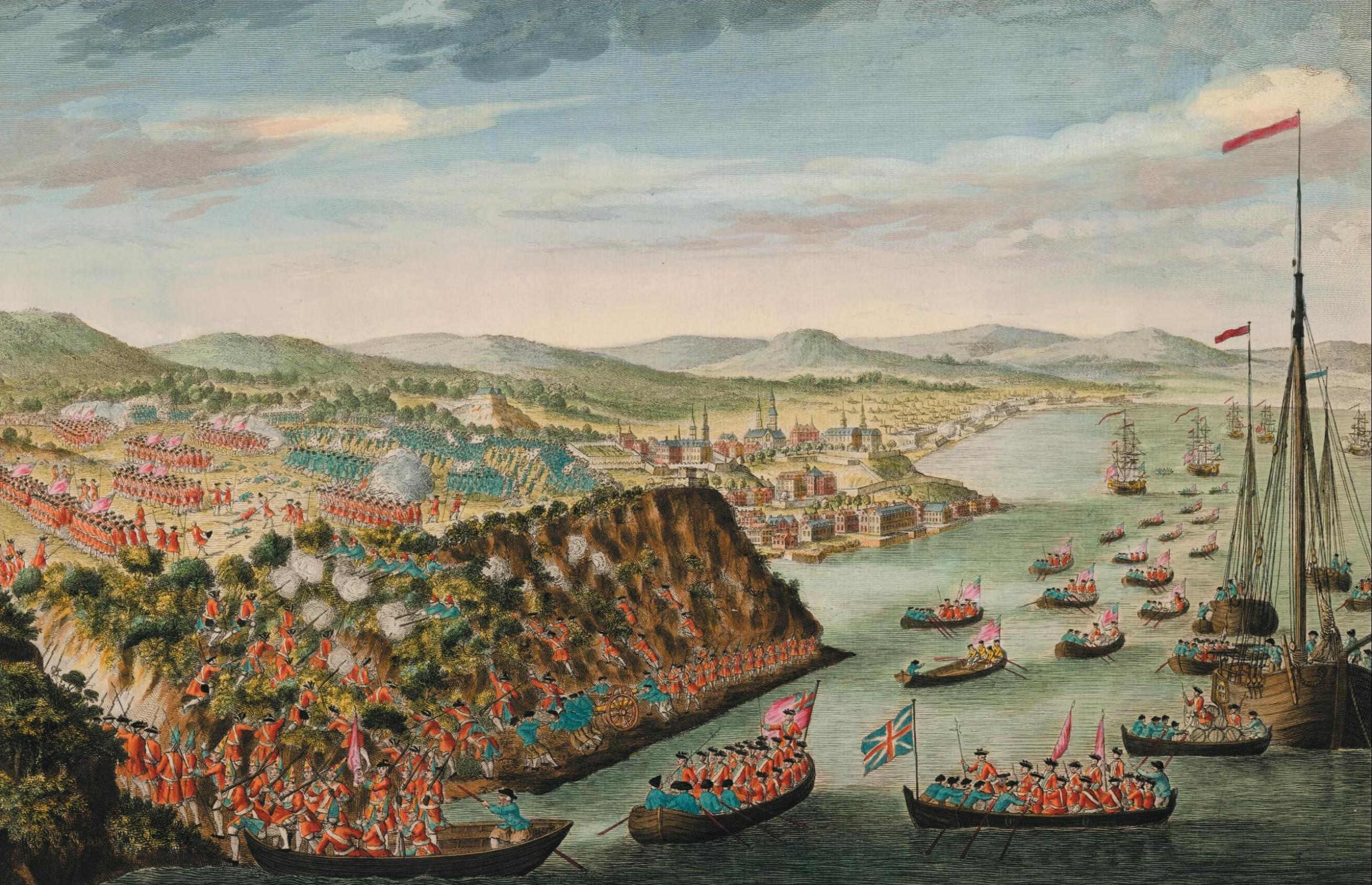
In many American classrooms, the French and Indian War feels like a short warmup act before the Revolution, a forest skirmish between Britain and France. In reality, it was the North American front of a global struggle that relied on Native nations making hard, strategic choices. The war blew up imperial debts, redrew alliances, and opened the door to new land grabs, laying the financial and political fuse for the rebellions that followed.
Mexican American War
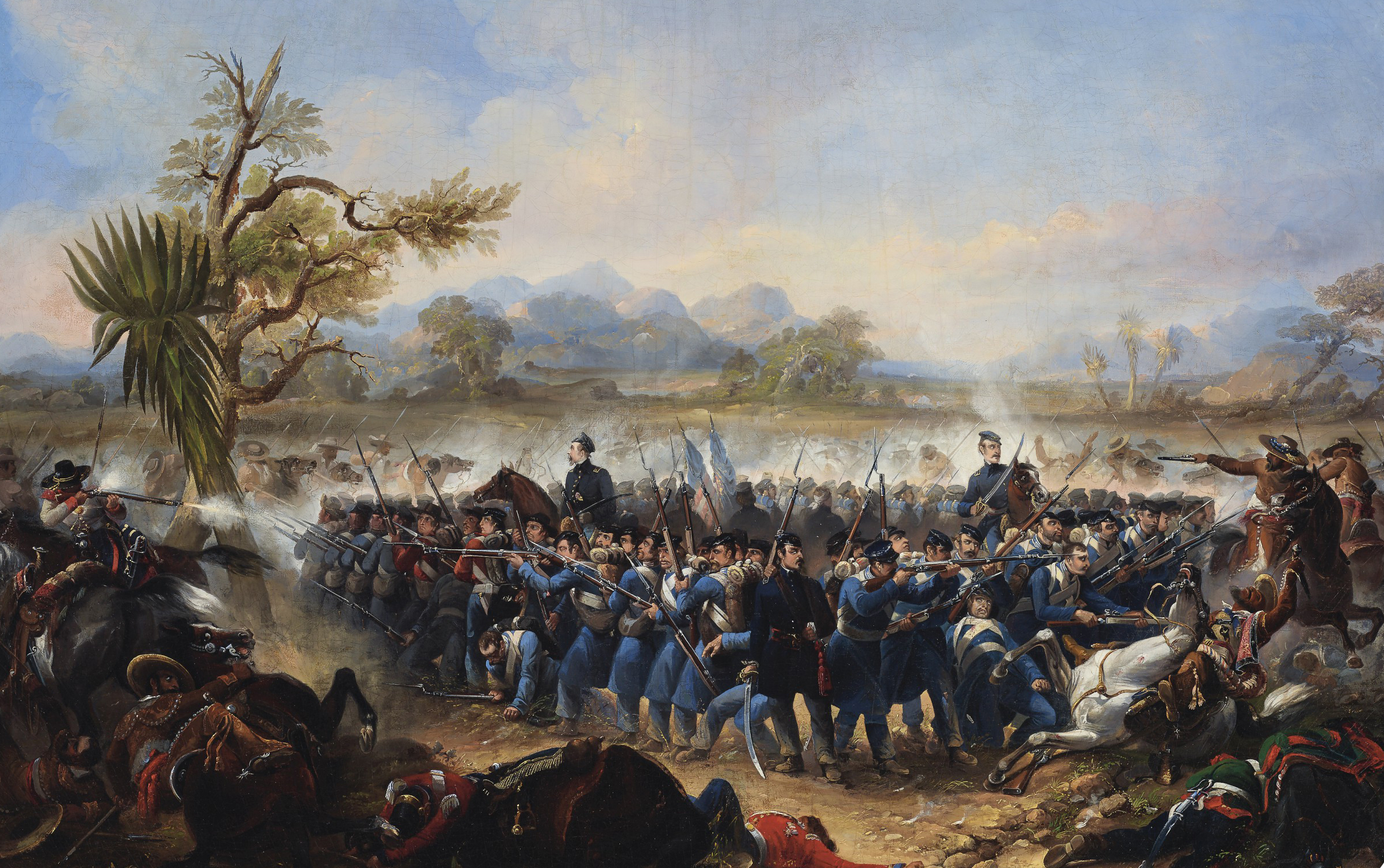
The Mexican American War is often remembered as a neat border dispute that naturally pushed the United States to the Pacific. Stripped of the slogans, it was an invasion justified by ideas of racial destiny and the hunger to expand slave territory. Mexico lost vast lands, families were split by a new line on the map, and the arguments over what to do with that territory pushed the country closer to civil war.
American Civil War
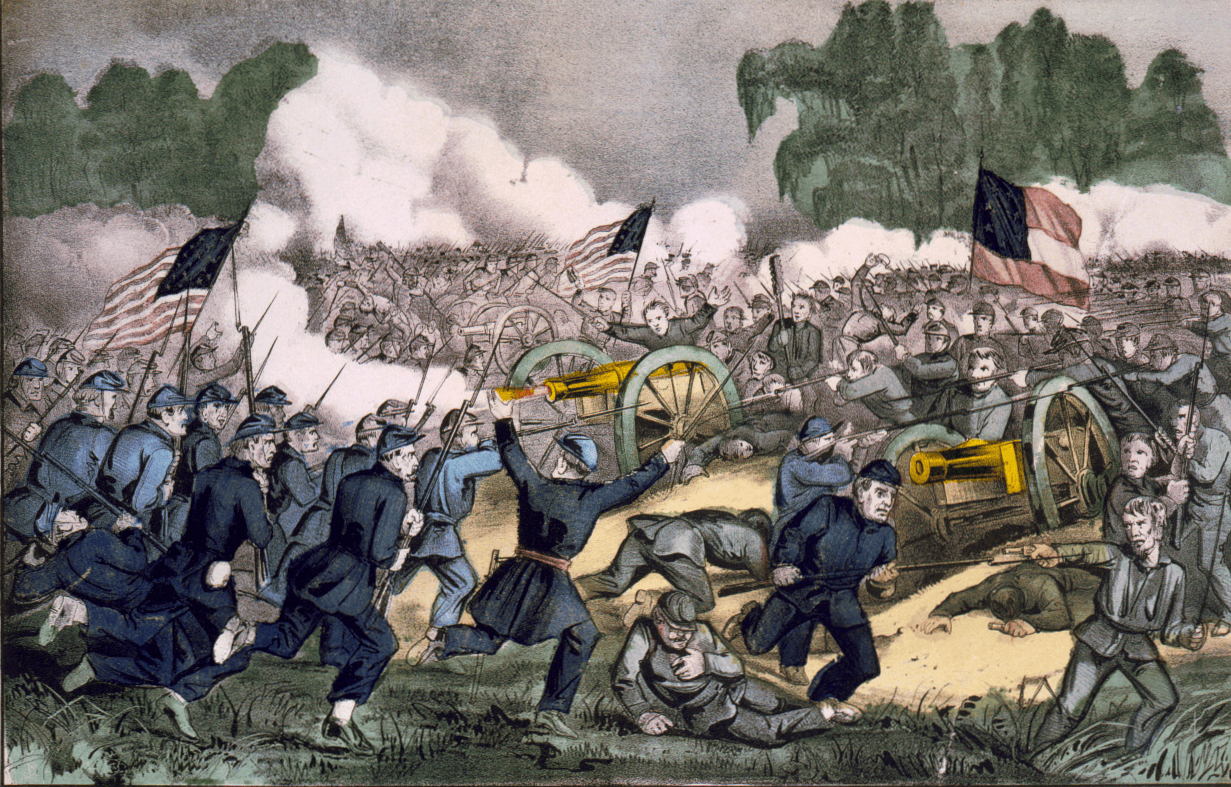
The Civil War is sometimes softened into a tragic misunderstanding over abstract states rights, as if slavery sat on the sidelines. The documents say otherwise, from secession declarations to speeches that name the protection of human bondage as the core cause. Remembering the war clearly means facing both liberation and backlash, and seeing how emancipation grew from enslaved people’s actions as well as battlefield and political decisions.
Spanish And Philippine American Wars
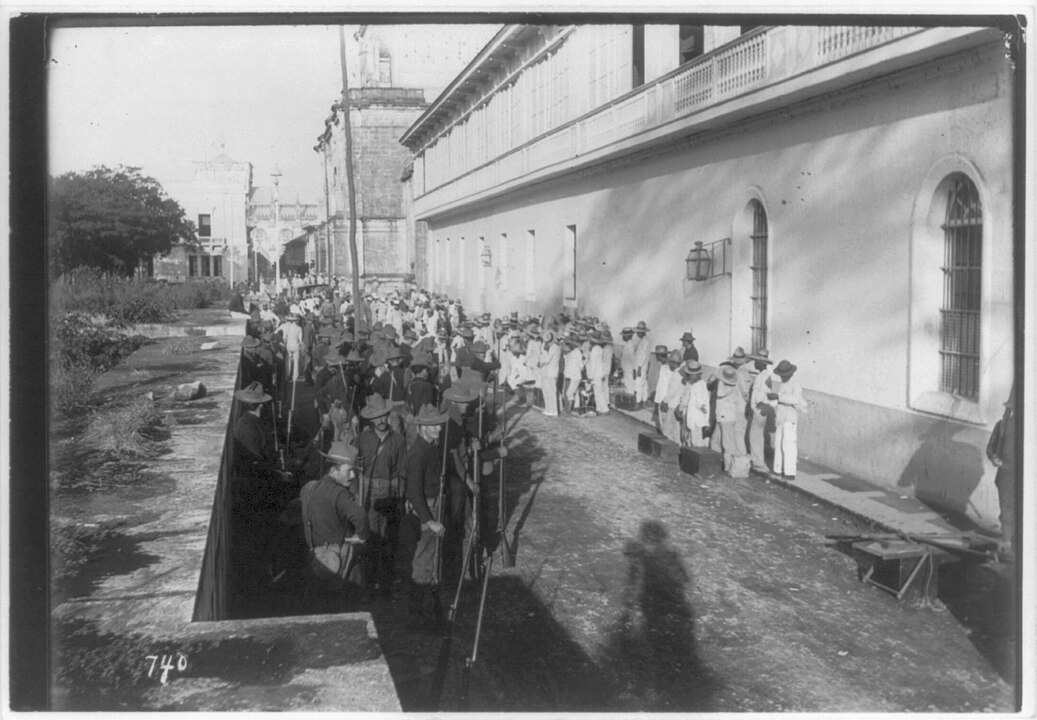
The Spanish American War is widely taught as a quick victory that freed Cuba and announced American strength, then the story tends to stop. What follows in the Philippines is less convenient to remember, a grinding counterinsurgency with torture scandals, village burnings, and heavy civilian deaths. That second war exposed an uneasy truth, that a republic founded on anti empire ideals was already learning how to run one.
World War I
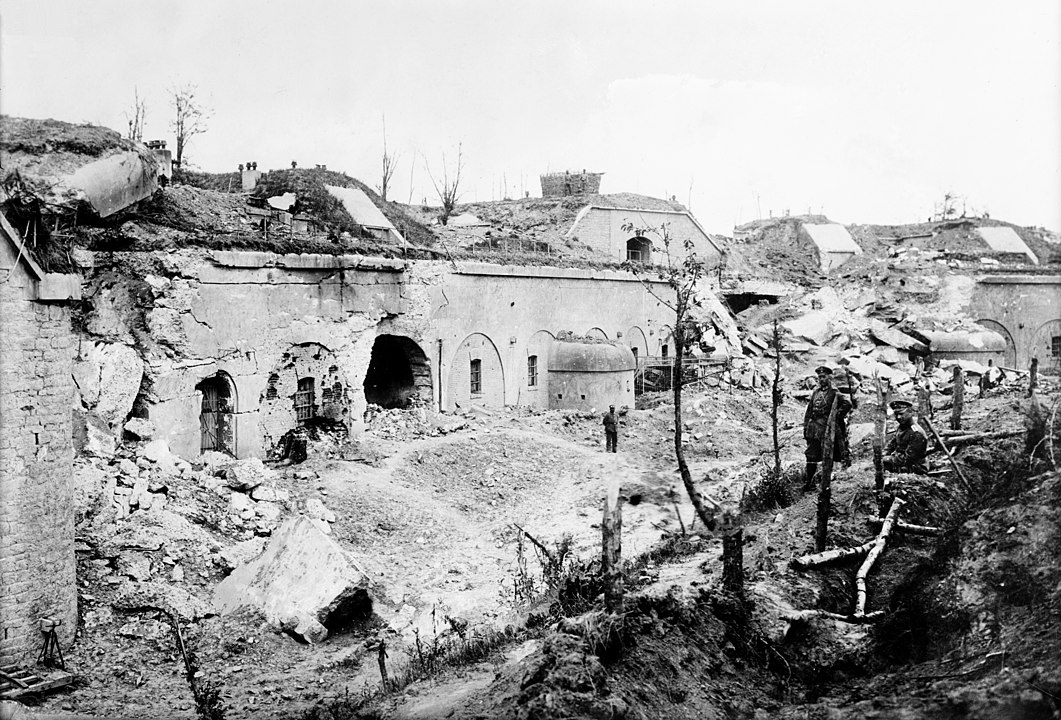
World War I often appears in American memory as a distant trench nightmare that the United States stepped into briefly, fixed, and stepped out of cleanly. At home, though, the war sparked surveillance, loyalty tests, and aggressive prosecutions of dissenters. Abroad, the late entry and economic weight of the United States helped shape the peace, then fed disillusionment when that peace collapsed. The conflict left scars on civil liberties and foreign policy long after the armistice.
Korean War
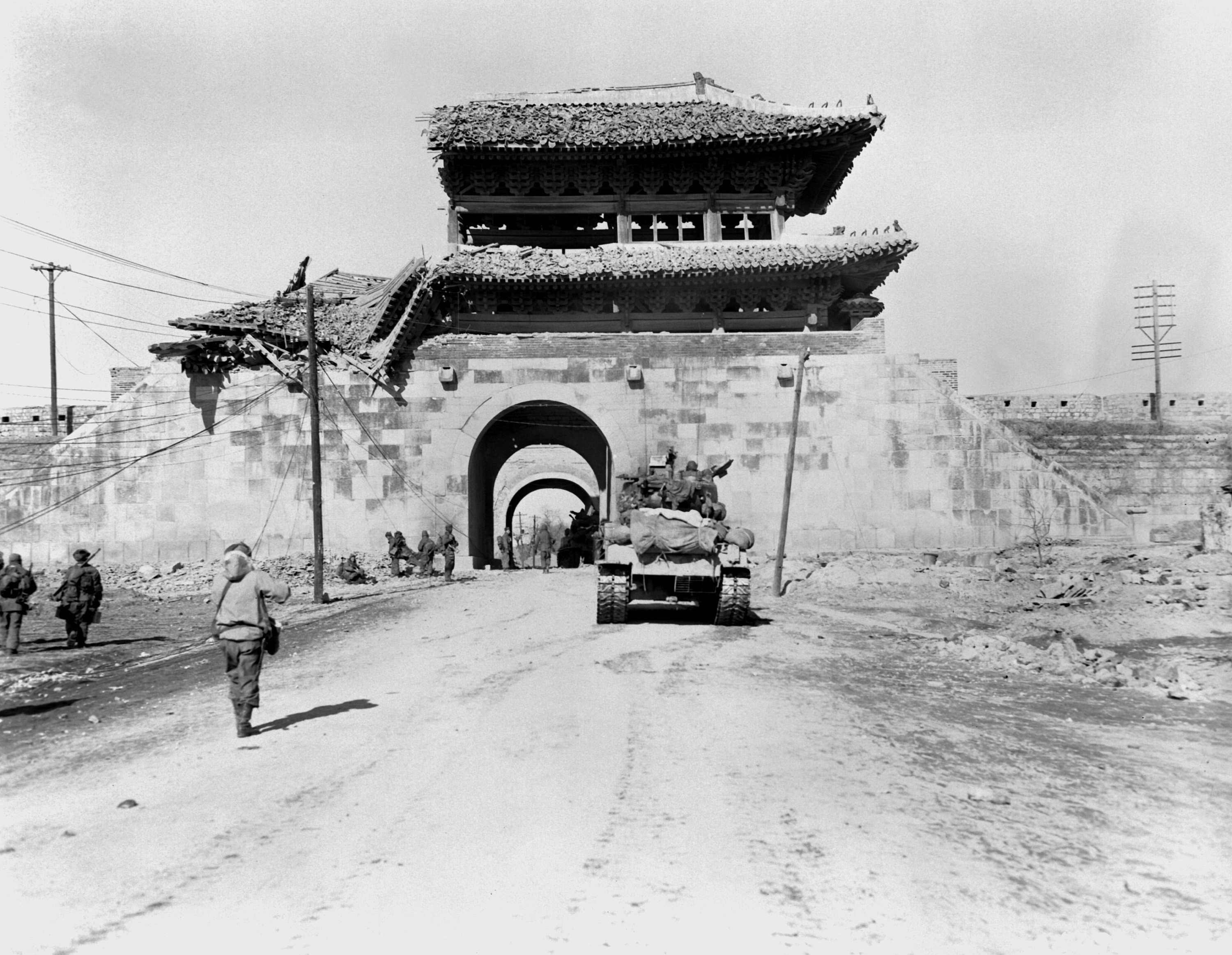
The Korean War is tagged as the forgotten war, a phrase that makes the whole conflict sound like a hazy footnote between more famous fights. On the ground, it was total disaster for civilians, with burned cities, mass displacement, and families still divided by the border. Calling it a draw hides the scale of bombing and the lasting state of suspended war that still shapes nuclear tensions and military planning on the peninsula.
Vietnam War
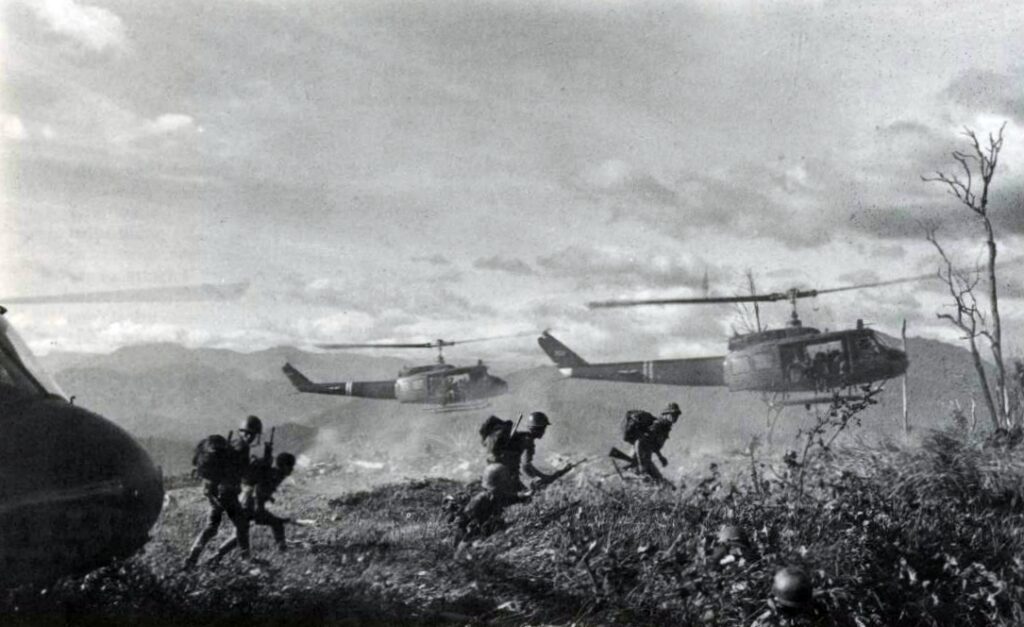
Vietnam is often framed through a narrow set of American images, from jungle patrols to campus protests, with Vietnamese voices pushed to the background. The war grew from a longer anticolonial struggle and a contest over how the country would be unified and ruled. Casualties were overwhelmingly Vietnamese, and the damage to land and communities continues to matter. Treating the conflict only as a cautionary tale about Washington missteps misses most of that human reality.
Persian Gulf And Iraq Wars

The Gulf War and the later invasion of Iraq are often separated into a clean success and a messy mistake, as if they belong to different eras. In Iraqi lives, the story runs together through bombing campaigns, sanctions, and shifting American justifications. Civilian deaths, trauma, and the unraveling of regional balances rarely fit into neat talking points about precision strikes. Those wars still echo in refugee journeys, veterans’ health, and unstable politics.
